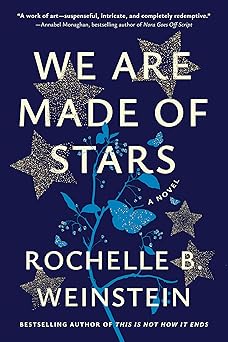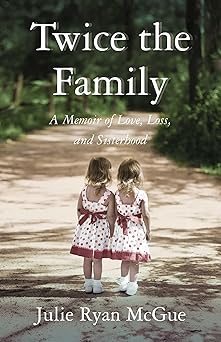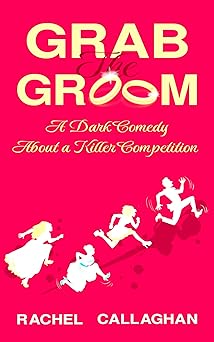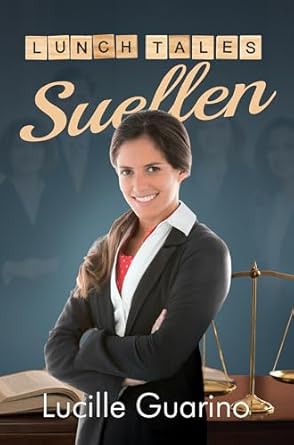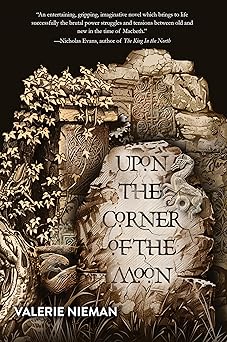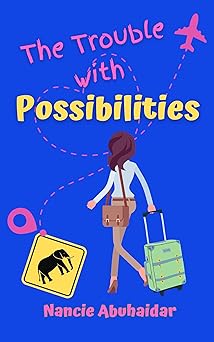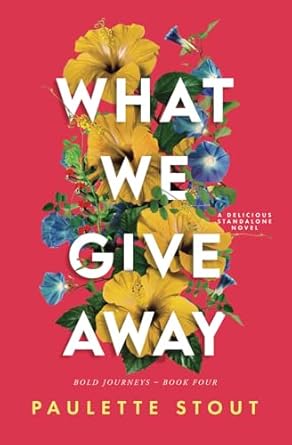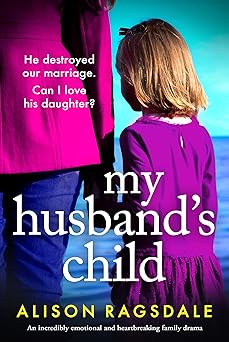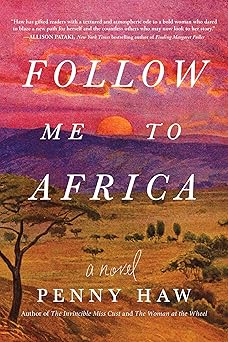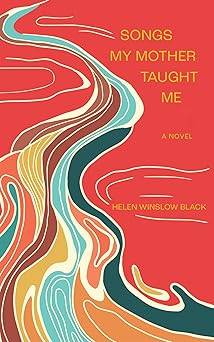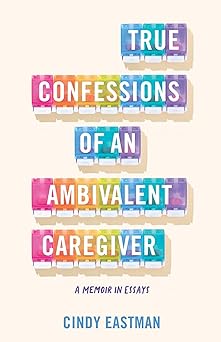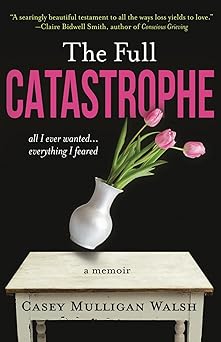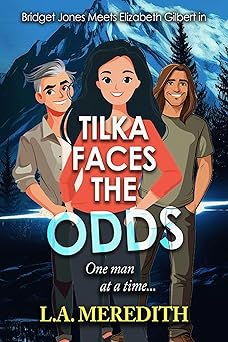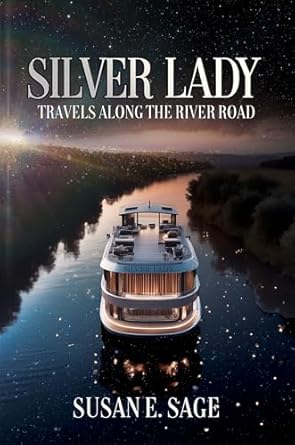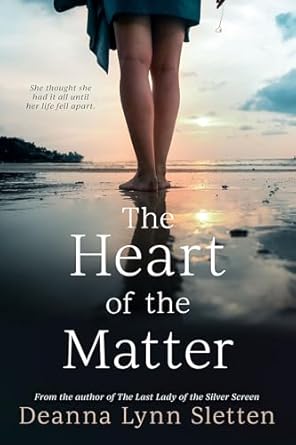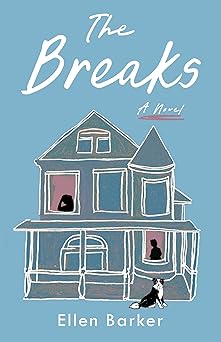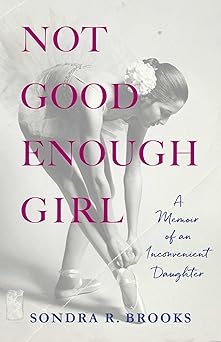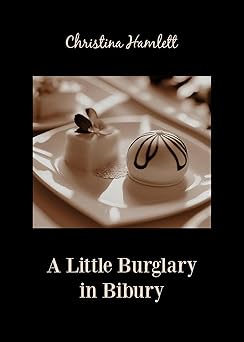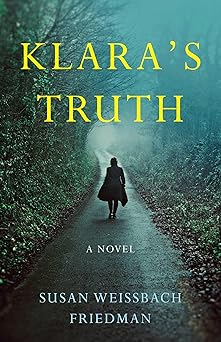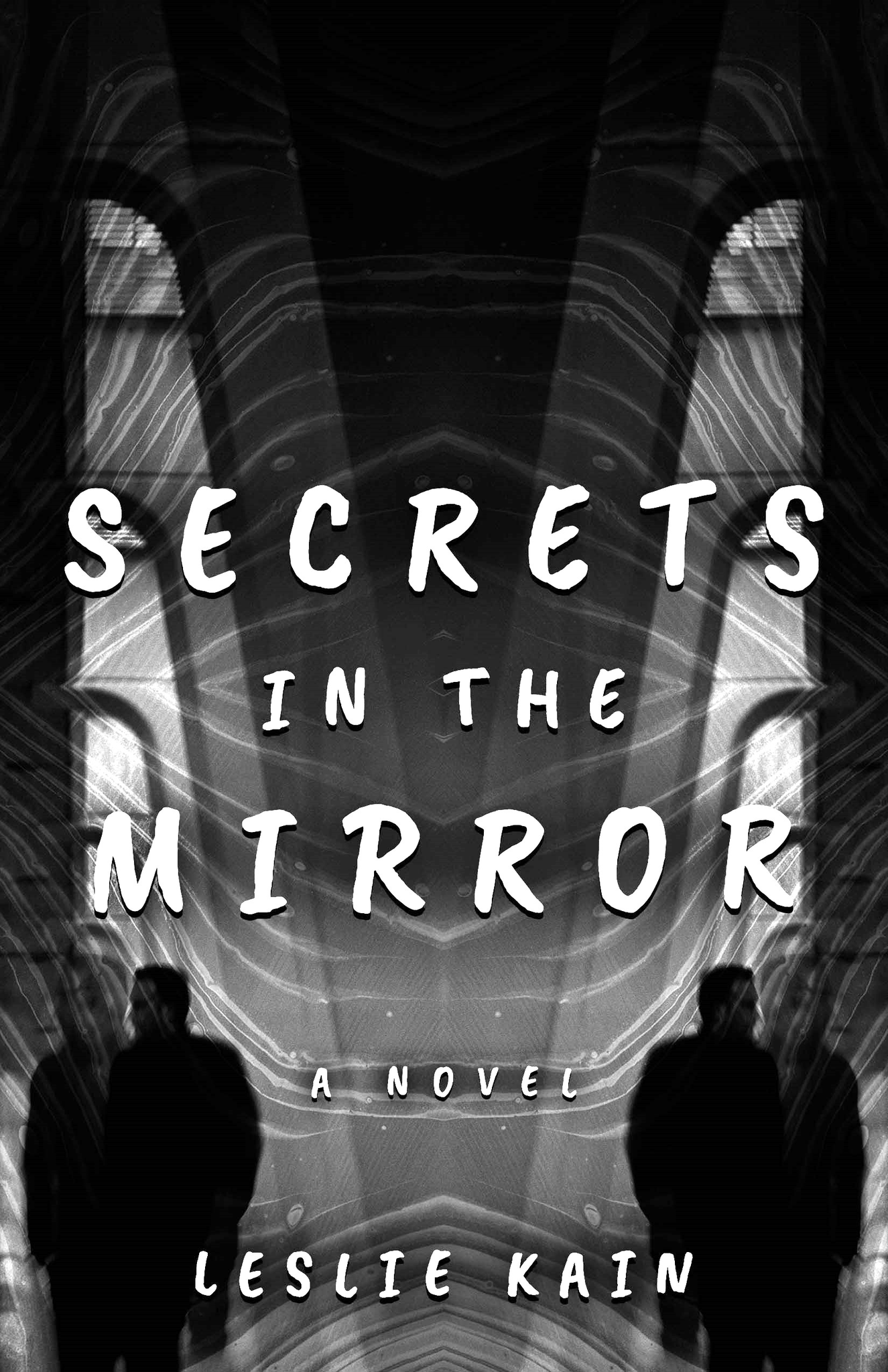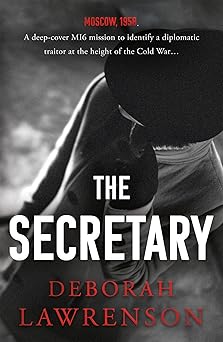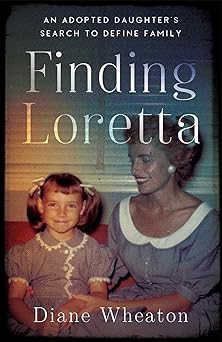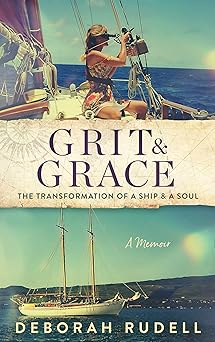Writing Shadows Over the Spanish Sun
Research plays a large part in my novels, and in ‘Shadows Over the Spanish Sun,’ a love story, set in the controversial and tragic era of the Spanish Civil War, it was more important than ever to read copiously before attempting to start the first draft. I am not a historian and would never try to be one, but you have to be familiar with the subject you are writing about and have a feeling for the country and the people. My material was varied, from modern novels, to Paul Preston one of the greatest writers on the Spanish Civil War.
I was carried away for a second time by Ernest Hemingway’s ‘For whom the Bell tolls,’ and George Orwell’s ‘Homage to Catalonia.’ There were or course several more. But it was not just books, it was photographs, old newspaper cuttings, letters. All these intimate and immediate memories gave me so much to work with.
Who could look at some of the most brutal and stark photographs ever taken without being incredibly moved. Robert Capa’s much debated image of the ‘Fallen Soldier,’ comes to mind, but his girlfriend Girda Taro’s extraordinary and iconic images brought tears to my eyes. My heroine Valeria or Val Saint as she was later known, was a photo journalist in the Civil War and subconsciously, I believe I may have modelled her on Girda.
I read the poetry of Federico Garcia Lorca, who was shot and killed by Nationalist Militia in 19th August 1936.
Hot southern sands
Yearning for white camellias
Weeps arrow without target.
This poem speaks to me of Spain and grief and loss.
And then of course I was able to draw on my bank of memories.
When I was fourteen, my father had a riding accident resulting in serious head injuries. Fortunately, he recovered, but was unable to continue his career as a surgeon. With the new strictures on his life he decided to pack up our farm in Oxfordshire, sell the herd of Friesian cows, the horses and move to Mallorca with my mother, our two golden retrievers and our cat, Cleopatra. It was a terrible blow at the time, but soon the holidays were something I longed for.
Six kilometers from the sea, the farmhouse near Pollensa was a refuge where I could leave my teenage troubles behind and walk the olive groves with my father, go to the markets with my mother and help Ramon pick the oranges. It was the dignified, reserved and very elderly gardener who finally told me about Mallorca’s role in the Spanish Civil War. He had been a teenager when the Nationalists took over Mallorca, and in August 1936 his father was part of the Republican’s attempt to capture it back. A month later with the help of Mussolini’s Italian Air force, the battle was won by the Nationalists and they had consolidated their grip on the island. After their victory the Italians built a seaplane base at Puerto Pollensa and used it as their headquarters to attack Republican shipping.
Despite exhaustive attempts to find out what happened, Ramon’s father was never found. It was assumed he was just one of thousands to be massacred by the Nationalists. Even today mass burial sites are being discovered, it is hoped perhaps Ramon’s descendants will finally learn the truth.
Many of the characters in my novel were drawn from people I once knew and people I still know today, not only in Spain but in England. For many years I competed in dressage at advanced level and one of the greatest dressage riders alive today is my very good friend. Olympic gold medalist, Carl Hester. Quite definitely he inspired Leonardo, not his character but his extraordinary ability on a horse. In the book, Leonardo, is a young caballero with an exceptional affinity with horses. He rescues Saturno a young colt from a life of hardship, and develops a bond that will survive throughout the Spanish Civil War and for years afterwards.
Valeria, the love of Leonardo’s life, is a character that grew entirely from my imagination, but she is someone I would have loved to have known.
The gardener from my youth, Ramon, inspired Leonardo’s trusted servant and friend.
In normal times I would try to visit every town and village in the book, but these were not normal times. We were, and still are, facing the pandemic which was taking and disrupting our lives.
My last trip to Andalucía was in October 2019, with my husband, rediscovering Seville and Granada, but my planned stay in the Monasterio La Cartuja, in Cazalla de la Sierra, plus a longed-for trip to the Royal Andalusian School of Equestrian Art in Jerez de la Frontera was curtailed. I admit that without my good friend Google Earth and the walking man icon, life would have been much more difficult. With this incredible technology I was able to see many of the places I was unable to visit, taking in architectural detail, even seeing what the people were wearing.
Below is a brief summary of the book and I hope it gives you a small flavor of Spain.
Throughout her childhood Mia Ferris spent her summer holidays at her grandfather’s hacienda in Spain. He has been her rock, her defender, so when she learns he has fallen from his horse she knows she belongs by his bedside, even if it means leaving her life in London and her new fiancée behind.
As Leonardo fights for his life and Mia struggles to save the family home from financial ruin, secrets begin to emerge that tell a different story of the past –– a terrible history that begins with a boy running for his life over the Andalusian hills and ends with a forbidden love that only war can destroy.
As Mia untangles the passionate web of lies and betrayals, everything she thought she knew is turned upside down. Can she heal the wounds of the past and face the truth of her own?
—
Caroline Montague started writing stories aged eight but marriage at 19, modelling, interior design, seven children and step children not forgetting competing at advanced dressage, somehow prevented her from making it her career until ten years ago. Since then she has written four novels and is writing her fifth. She lives at Burnt Norton in Gloucestershire famous for the Four Quartets written by TS Eliot, and is happiest walking her dogs preferably with her family.
SHADOWS OVER THE SPANISH SUN, Caroline Montague
 Escape to the Spanish hills with this spellbinding story of passionate love, family secrets and betrayal
Escape to the Spanish hills with this spellbinding story of passionate love, family secrets and betrayal
‘SHADOWS OVER THE SPANISH SUN is scorching. It was a joy to ride across the Andalusian hills and to be transported by parallel, truly heart wrenching love stories, past and present’ Carl Hester, Olympic Gold Medalist in Dressage
‘Enthralling and wonderfully romantic, with gorgeous characters, this is perfect to curl up with and get lost in’ Katie Fforde on A Paris Secret
‘A moving, sweeping saga of love and loss’ Dinah Jefferies on A Paris Secret
***
A country in the shadow of war. A love that burns through the decades…
Mia Ferris’s heart has always belonged in Spain. Every childhood summer was spent at her grandfather’s hacienda, riding together amongst the olive trees or listening to his stories of the past. So when she learns that he has fallen from his horse, she knows that she belongs by his bedside – even if it means leaving behind her life in London, and her new fiancé.
But as Leonardo fights for his life, and Mia to save the family home from financial ruin, secrets begin to emerge that tell a different story of the past – a terrible history that begins with a boy running for his life over the Andalusian hills, and ends with a forbidden love that only war can destroy…
As Mia untangles the passions and betrayals of the past, everything she thought she knew is turned upside down. Can she heal the wounds of the past, and face the truth of her own heart?
A sweeping novel of passionate love, betrayal and redemption, set against the turmoil and tragedy of the Spanish Civil War.
***
Praise for Caroline Montague
Enthralling… snared us in an ever-tightening circle of love and despair, secrets and forgiveness’ Joanna Lumley
‘Thoroughly engrossing’ Julian Fellowes, creator of Downton Abbey
BUY HERE
Category: Contemporary Women Writers, On Writing




